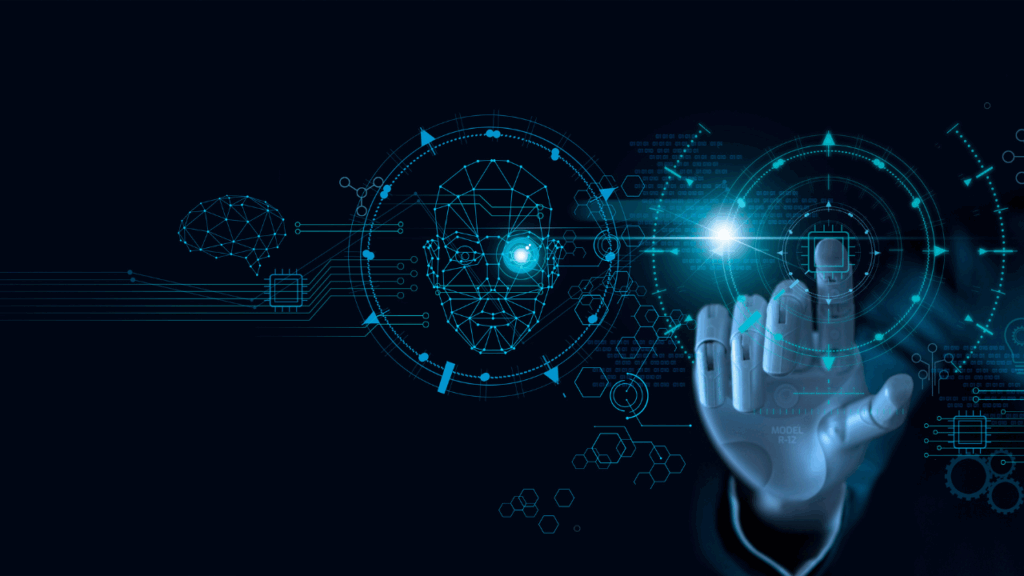
The push towards renewable energy is reshaping not only the energy landscape but also the job market. The demand for renewable energy is skyrocketing; according to the International Energy Agency, More than a third of the world’s electricity will come from renewables in 2025.
Finding professionals with substantial experience in sustainable energy can be a challenge, BUT the IT industry stands out as a significant contributor of transferrable skills to this renewable energy sector.
As we move towards a more interconnected and digital world, the overlap between technology and renewable energy becomes more apparent. In this article, I’ll be looking at the key IT areas where skills can be directly transferred to the renewable energy sector.
Artificial Intelligence and Machine Learning:
AI and ML have become transformative technologies in almost every industry, and renewable energy is no exception. Professionals with experience in AI and ML can contribute significantly to the sector by improving the efficiency of renewable energy systems, forecasting energy production, optimizing grid distribution, and even predicting equipment failures for maintenance.
Big Data Analytics:
The renewable energy sector generates a huge amount of data, from weather patterns to energy usage statistics. Big data analysts are crucial in processing this information to gain valuable insights that can help in predicting power generation, identifying trends, making informed decisions, and improving overall efficiency.

Cybersecurity:
As energy systems become more interconnected and reliant on digital technologies, the risk of cyber threats will increase. Professionals with experience in cybersecurity can help protect sensitive data and ensure the integrity and reliability of energy systems. They play a critical role in ensuring the safe operation of smart grids, power plants, and other energy infrastructure.
Internet of Things:
IoT technologies are at the forefront of the smart grid revolution. IoT professionals can apply their skills to the design and implementation of connected devices that monitor and manage energy consumption and distribution, creating more efficient and flexible power systems.
Software Development:
Software developers are needed to design and implement software systems that manage and control renewable energy technologies. They can work on a wide range of applications, from user interfaces for energy management systems to backend systems that control renewable energy generation and distribution.

Seizing the Opportunities:
The future of the renewable energy sector lies in its successful integration with technology. The industry recognizes the potential of IT professionals and their ability to transfer their skills to this rapidly evolving field. The renewable energy industry is ready to embrace the IT professionals that are willing to contribute to the development of sustainable, technology-driven solutions for our energy future





